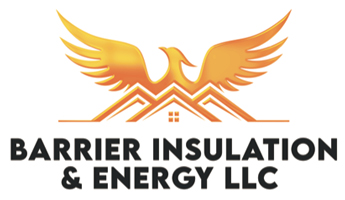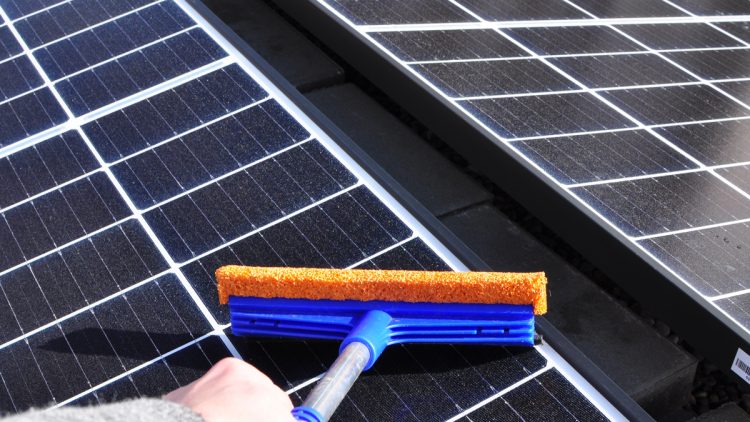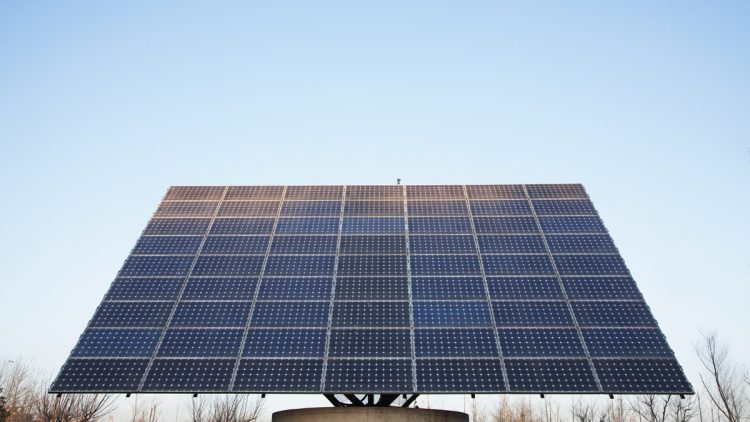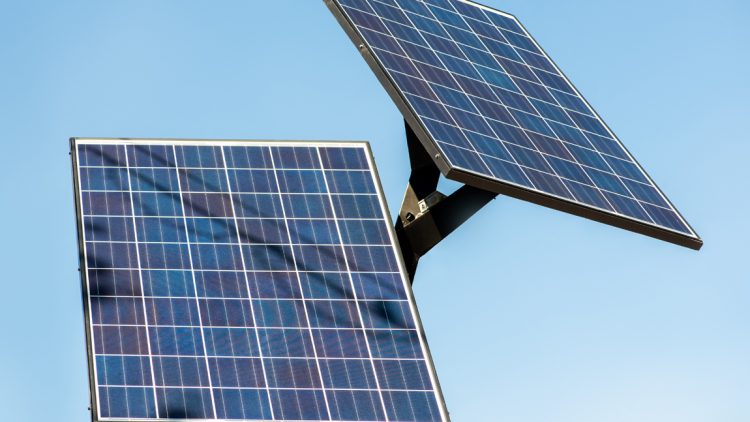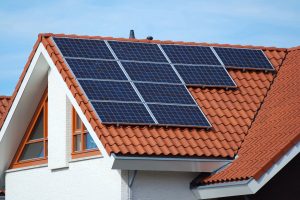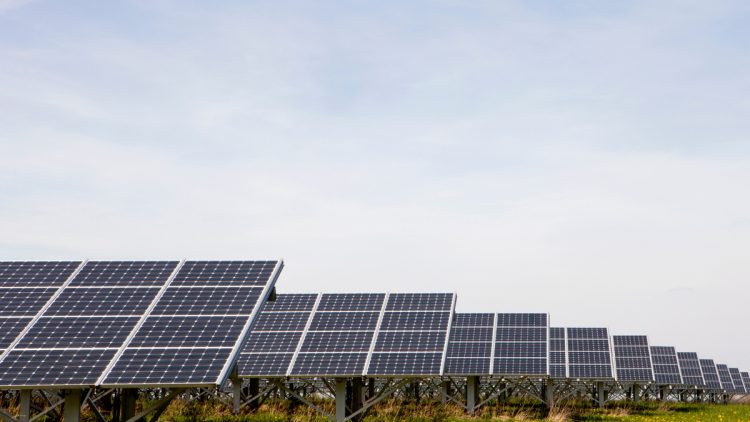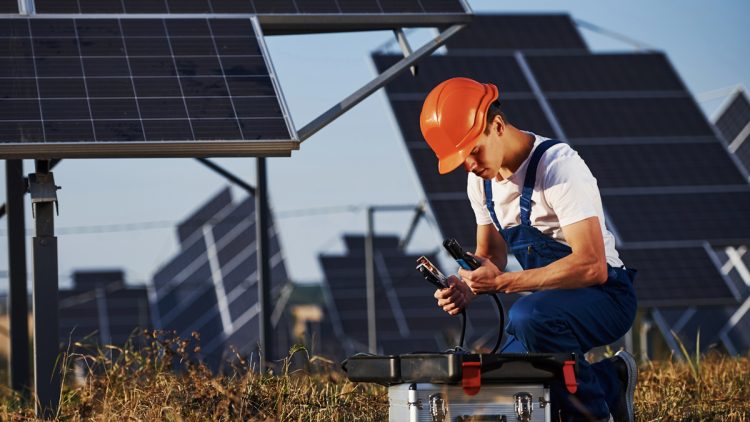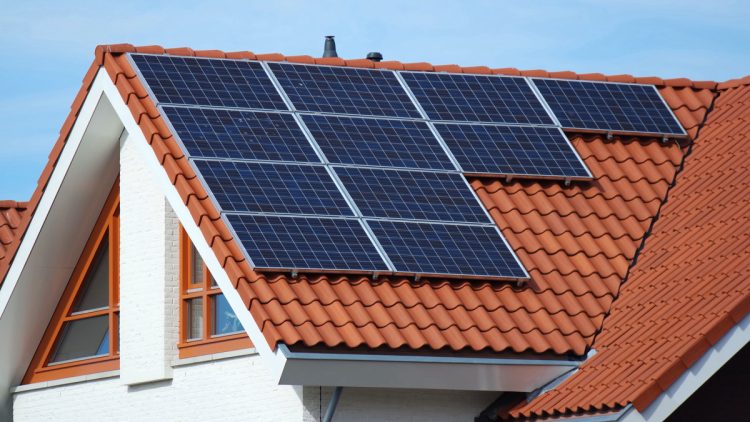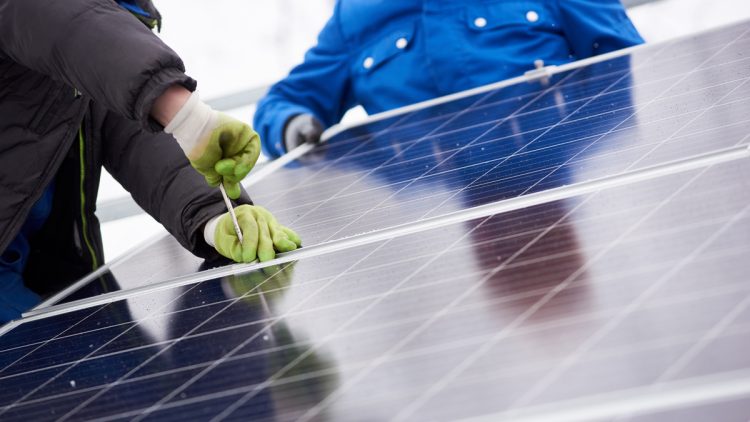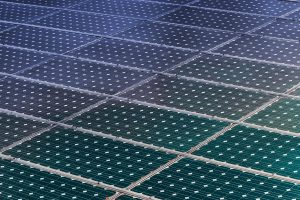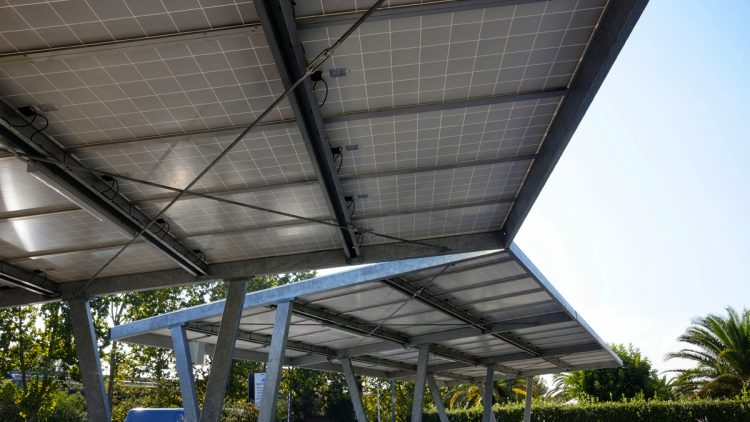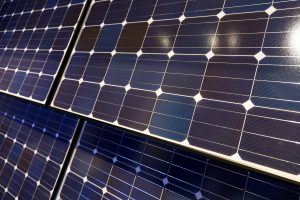Solar Panel Cleaning
How can you properly clean your solar panels? Follow our step-by-step guide below!
What To Know Before Cleaning Solar Panels
Not all solar panels are the same or feature the same maintenance suggestions, so check the manufacturer’s instructions before cleaning. Make safety your number one priority if you decide to do this as a DIY project.
Cooler days are better for cleanings since this minimizes the possibility of cracking glass as the water dries. Do not use a heavy-duty detergent for the cleaning process. Remember to turn the panels off before cleaning, refraining from touching the underside at any point. Call a professional for the job if you have any safety concerns.
Step 1. Clear Off Debris With A Soft Brush
- Debris, such as dirt and dust, should be brushed away gently with a soft-bristled tool.
- This cleaning process can be done from the ground if the brush is attached to an extension pole.
- You will need a ladder in the event your brush does not come with an extension.
- Wear a hardhat and harness when climbing onto the roof.
- Start by gently brushing the individual panels.
- Refrain from adding water to the brush at this time.
Step 2. Spray Panels Down With A Hose
- A garden hose can be used to wash off any remaining dust or debris.
- High-pressure washing can damage the panels, so don’t use an excess of water.
- Damaging the panels with water could void warranties due to noncompliance with manufacturer specifications.
- If a hose has a high-pressure attachment, it should be removed prior to cleaning.
- Proceed with caution, carefully spraying each panel.
Step 3. Scrub With A Soft Brush And Water
- Problem areas can be given extra attention with a sponge or soft cloth dunked into a bucket of clean water.
- Use a gentle and repetitive motion to wipe away any spots.
- It’s recommended to use water that is deionized or distilled.
- Use a squirt of mild, gentle dish soap mixed with one part vinegar and eight parts water for stubborn spots.
- Once the soap is rinsed, it may leave behind undesirable streaks.
Step 4. Measure The Cleaning Impact
- Solar panels are rated for solar output within a specific range of watts based on system, location and environmental factors.
- With low solar outputs, homeowners rely on power from additional energy providers that may drive up energy bills.
- Review your bills both before and after cleaning your solar panels.
- Clean panels will have lower energy costs, overall.
Step 5. Contact Professionals For Cleaning Needs
Schedule Your Insulation Services Today!
Whether you are building a new house, or just need to remove the old insulation and install a newer more energy efficient option Barrier Insulation is Phoenix’s first choice in home and commercial insulation. We proudly provide the valley’s more comprehensive insulation service that helps you stay more comfortable and save on energy. Click here to schedule on our website, or just give us a call at 602-499-2922.
